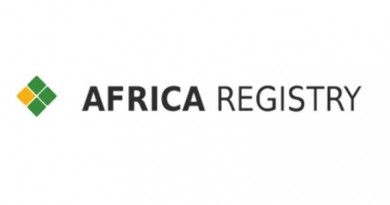Mango expands online sales to 17 African countries
Mango, one of Europe’s major fashion firms, continues its international expansion with the launch of its online business to 17 African countries plus four additional territories.
Since the beginning of the year, the firm has launched e-commerce for the Woman, Man, Teen, and Kids lines in 22 countries, predominantly on the African continent, bringing the total number of markets with digital presence to 110.
Mango.com’s expansion signals the company’s first commercial presence in nations such as Ghana, Tanzania, Zimbabwe, and Haiti, while also boosting the company’s commercial presence in markets such as Sri Lanka, Cameroon, and Kenya, where it already has physical storefronts.
Senegal, Ghana, Cameroon, Republic of the Congo, Kenya, Benin, Ethiopia, Tanzania, Zambia, Zimbabwe, Mali, Chad, Rwanda, Uganda, Mozambique, Madagascar, and Malawi are the 17 African nations where Mango is expanding its internet channel. other countries are Bermuda, Haiti, Dominican Republic, Sri Lanka, and Cambodia
“The expansion of our online store to around twenty markets is a great step forward in our internationalization strategy to bring our value proposition to the entire world,” says Elena Carasso, Mango’s online director and customer. “Opening our ecommerce in several countries in Africa, especially in those where we do not have a presence, will allow us not only to acquire knowledge about the market, but also to strengthen our ability to satisfy the needs of our customers in each territory.”
During the first half of 2023, Mango strengthened its online sales channel, with sales increasing by close to 10% compared to the same period the previous year, and the company began to operate online in Brazil for the first time through an agreement with Dafiti, the largest fashiontech in Latin America and a subsidiary of Global Fashion Group (GFG).
Mango is one of the European fashion brands with the highest penetration of the digital channel in its operations. Since its inception, it has been a trailblazer, launching its website in 1996 to make the brand recognized worldwide, and in 2000, it debuted its e-commerce in the fifteen countries that comprised the European Union that year, becoming one of the first fashion retailers to do so.
Over the next two decades, Mango expanded its internet sales to 90 markets across all five continents by the end of 2022, when online sales reached 960 million euros, accounting for 36% of total billing. The company’s website has over 885 million sessions by the end of 2022.
Mango’s ecommerce expansion strategy has been centered on localization: entering new markets by tailoring services to the demands and customs of each territory’s clients. The website is currently translated into 28 languages, although payment, shipping, and return options (among others) vary according on location.
Similarly, Mango maintains relevant online activity through third-party markets in addition to its own ecommerce channel. This combination of channels and formats distinguishes the company in the industry, as it is one of the few that operates with a distribution ecosystem of these features.




